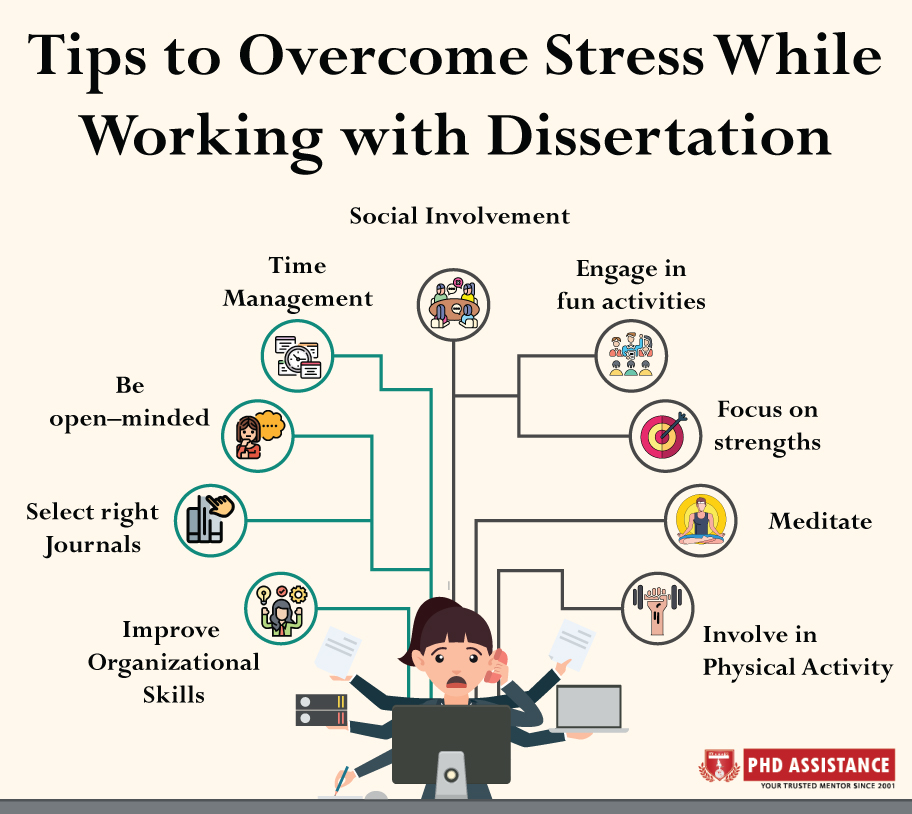Ace Your Ph.D. With Ease: Manage Stress For A Smooth Sail
Embarking on a Ph.D. needn’t be a stressful journey. Do away with anxiety or depression or any mental health issues in academia through Stress management.
First a look at various factors that trigger stress levels of a Ph.D. Student:
- Field is increasingly competitive: Students are often overawed at the number of researches in their field. They tend to compare their progress and status with that of other researchers.
- Work Pressure: Unrelenting work induces anxiety and increases stress levels.
- Not sure of their role: Most wonder what is expected of them by their supervisor as a peer.
- Health Issues: At times, health issues divert mind from Focusing On Research Work.
- Behavioral Approach: While following a fixed framework to complete experiments, if unexpected results are derived, rescheduling action plans is daunting.
- Other Factors: Maintaining attendance, realizing goals, achieving high grades, and finishing assignments within deadlines take a toll on their well-being.
- Correlation with Supervisor: In case of unhealthy work-relation with supervisor, there is increased impact on mental health.
What now follows are the requisite tips to overcome stress while Working With Dissertation.
- Fix the problem by acknowledging it: Understand and acknowledge the fact that while pursuing PhD ,one will have to juggle between work and study, have papers to publish, and work as per the supervisor’s, and family’s expectations
- Find a competent Supervisor: Identify a supportive supervisor who works actively in the chosen field, and has a solid publication record.
- Look for the right funding body: Maximize the value of Research And Choose the right funding body.
- Time Management: Set realistic and achievable goals. Do not try working on too many tasks on a single day.
- Be open –minded: Good communication will give a clearer picture of the work. Honest requirements must be shared with colleagues and supervisor in the most courteous way.
- Be an ethical researcher: Do not be ashamed if results are not as expected. Compare and review using tables or charts for effective presentation.
- Select right Journals: Find journals related to the discipline and check their aims and scope to ensure they fit the required criteria.
- Improve Organizational Skills: Maintain a balance between professional and personal work.

- Social Involvement: Social activities keep negative thoughts off. Make new connections.
- Engage in fun activities: Fun activities or games make one feel relaxed.
- Focus on strengths: Reaffirm values and focus on strengths.
- Meditate: Preferably in the morning. Silently repeat a word, sound, or phrase sitting with a good posture and eyes closed.
- Involve in Physical Activity: This improves cognitive and physical abilities. Release of endorphins acts as a catalyst to keep the spirits high.
Equip yourself with all the above mentioned characteristics, and pursue your Ph.D. with grace and ease. All the best!
 Previous Post
Previous Post Next Post
Next Post
